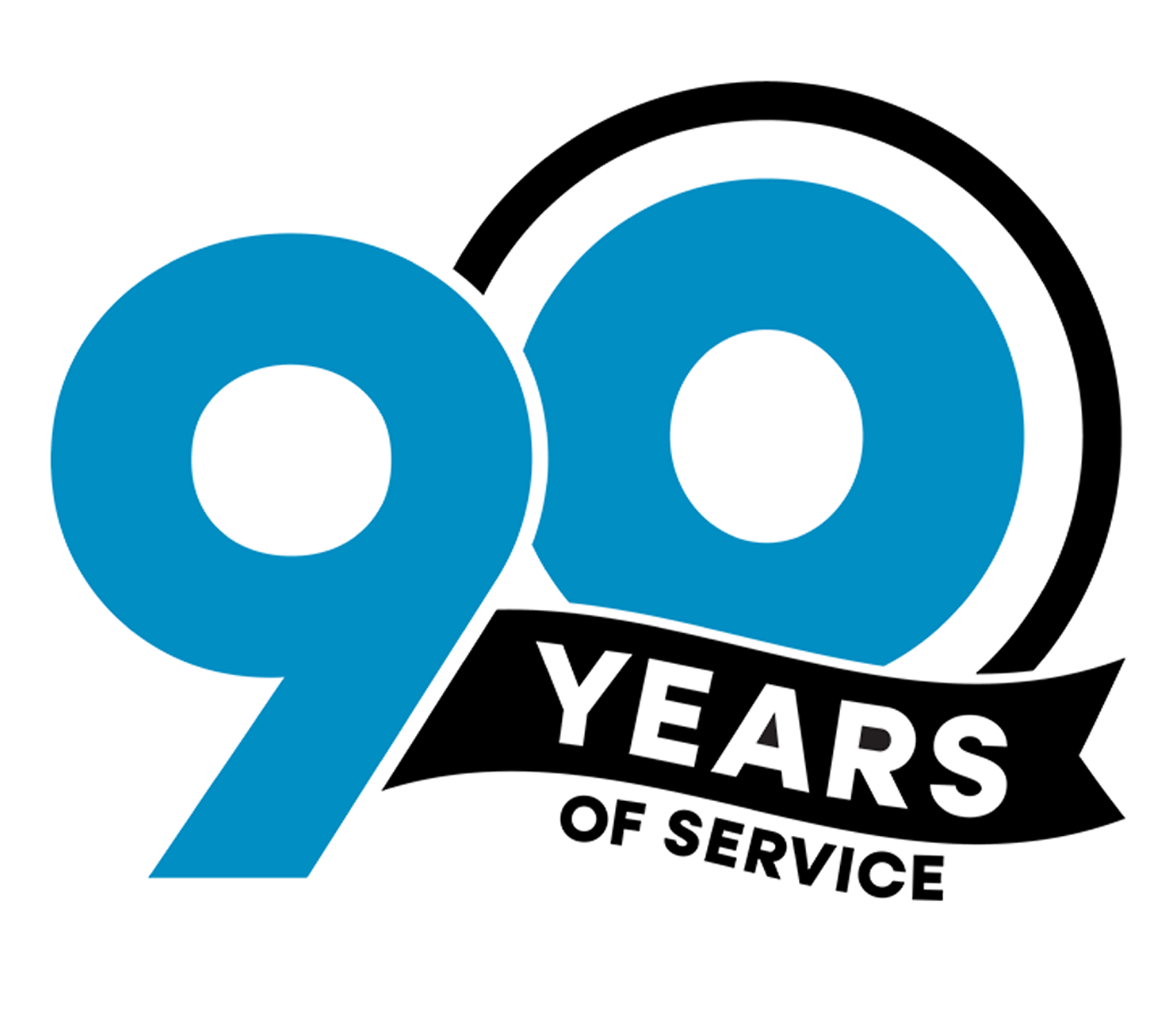Last year, inflation hit a 40-year high and almost immediately, talk of a potential economic recession surged. In a poll done recently by the World Economic Forum, almost two-thirds of economists surveyed said they expect there will be a recession in 2023.
What does that mean for you? Well, a recession isn’t inevitable, but with interest rates rising, it’s worth preparing yourself for whatever the future holds. We have a few tips to help you weather the weather (whatever the weather), but first, we’ll break down what it all means.
What is a recession?
The economy goes through both periods of expansion and periods of contraction. It’s a natural part of the business cycle that also includes periods of peak and recovery. The stages of the cycle don’t occur at regular intervals, but when things decline so much that the GDP turns negative, that is known as a recession. We’ve seen a lot of recessions throughout history—some big and some small. When a recession happens, interest rates rise as the stock market drops. Then, a ripple effect is felt across the country as unemployment rates rise, consumer spending drops, and everything feels more expensive.
If a recession happens, it will impact all of us, but that doesn’t mean you need to panic. Here are some steps you can take to prepare yourself for economic fluctuations:
- Set a budget. Figure out what you’re bringing in each month and what you are spending on basic living expenses like shelter, food, insurance, transportation, and childcare. Also make a note of what you spend on things like entertainment, travel, clothing, and other such things. Build yourself an adaptable budget so you will know exactly how to adjust if things get tight. If you need some guidance, our partners at GreenPath Financial Wellness can help you set a budget and build financial goals.
- Build an emergency fund. Having enough money set aside to cover your basic living expenses (see step 1) for 3 to 12 months can help in the event you become unemployed or are hit with some other unexpected expenses. If possible, tap into your emergency fund only when absolutely necessary. Consider a high-yield savings account that offers a competitive APY, liquidity, and no fees for withdrawal.
- Pay off debt. Tally up all your debts and pay off your high-interest and variable-interest debts first. This will prevent you from getting buried in interest rates later. If you run into trouble, contact your lenders to discuss your options before missing payments. You might be able to get hardship concessions or a new payment plan to help you through the crunch.
- Consider what you might do if you become unemployed. If you have the opportunity to build your resume or enhance your skillset now, take it. Learning some new skills could bring you more satisfaction now and make you more valuable to a future employer.
- Get creative. There are lots of ways to reduce spending and increase your income. You could shop for clothing and household goods at thrift stores. Get books from your local library. Plan meals in advance and cook at home. Sell things you don’t need anymore on an online selling platform like eBay, Poshmark, or Mercari. Small changes can add up to a lot more money in your pocket.
- Be savvy about investing. As stock prices fall, it may be tempting to invest in low-priced stocks, but many experts warn that you should know your risk tolerance and financial goals before investing. In most cases, it is best to diversify your portfolio and avoid risky investments to maintain your portfolio’s resiliency.

